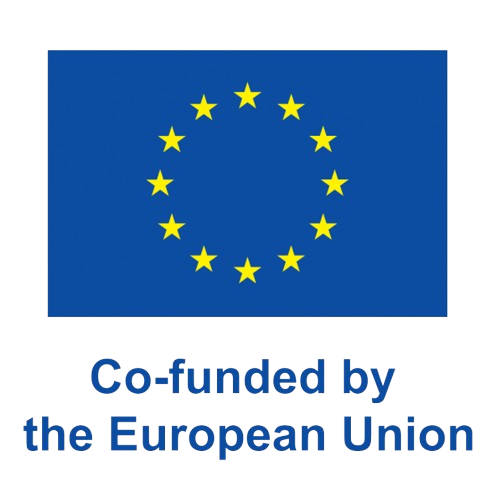This text comes from IPI’s newsletter The Outlook. Sign up to receive future editions directly to your inbox.
📮In this week’s newsletter, we bring you the main learnings from the Virtual Newsroom Visit to CLIP – the Latin American Center for Investigative Journalism.
CLIP weaves the ecosystem of investigative journalism in Latin America while fostering collaborative cross-border investigations in the public interest. Since its foundation, CLIP has led or participated in 45 cross-border collaborative investigations in the region, partnering with more than 140 media and civil society organizations.
CLIP’s team hosting IPI Media Innovation Visit:
- Emiliana García, General Manager
- Rigoberto Carvajal, Information Architect and Tech Lead
- José Luis Peñarredonda, Community Editor
- Angela Cantador, Journalist
The challenge: delivering costly investigative reporting
|
|
|

Watch the full event to see a demo by Angela Cantador – CLIP’s journalist to find out how you can start using the tool.
Since launching NINA, CLIP has hosted 12 workshops on using the tool and showcased it in over 25 webinars and conferences. These opportunities are used to receive feedback and continuously improve the UX experience. In one of such workshops, the idea of allowing journalists to add their own databases has been brought up and has since become a feature of NINA called DAPIS. In 2023 – NINA connected to more databases, like Aleph (OCCRP) and Bolivia Social Tech Lab.
“The real magic of NINA is that all the APIs speak different languages, have different parameters and responses, so NINA makes this translation and has the ability to map all these APIs to convert all the responses and requests in a standard structure”, said Rigoberto Carvajal, CLIP’s Information Architect and Tech Lead.
NINA keeps evolving, in 2024 they developed an AI chatbot – that allows “knowledge data search” that allows to simultaneously search both structured and unstructured databases, providing precise references for the query results. A user can provide a query in English for a search in Spanish-language documents, as well as request data to be provided in CSV format. Moreover, each user can restrict access to the data and ensure the privacy of the data sources. “This is as good as gets, as a solution for using chatbots in journalism”, said José Luis Peñarredonda, CLIP’s Community Editor.
Innovation Deck
Voices, the European Festival of Journalism and Media Literacy
Voices Festival is back for a second edition, this time in Zagreb, Croatia! Get your free ticket to attend from 28 February to 1 March a unique event designed to reflect on themes shaping our relationship with information and media today. Featuring high-level debates and workshops on pressing issues such as AI, disinformation and climate journalism, as well as a captivating play and film screenings.
Other opportunities
- UNESCO/Guillermo Cano World Press Freedom Prize 📍Global, deadline: 15 February 2025
- GIJC25 Global Shining Light Award Submissions Now Open📍Global South, deadline: 28 February 2025
Share your thoughts, reach out to the Media Innovation team and help us shape our media support programmes! Say hi – [email protected].

